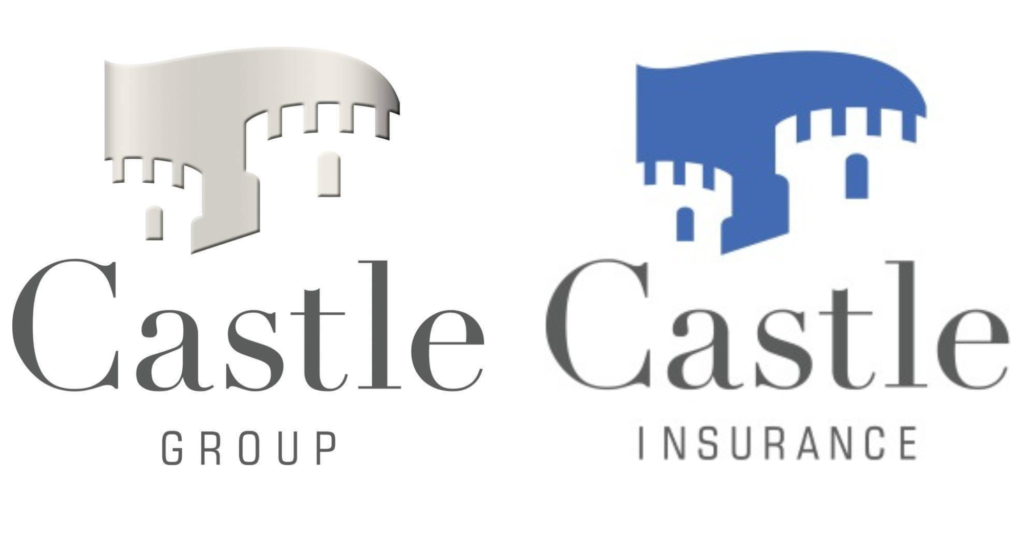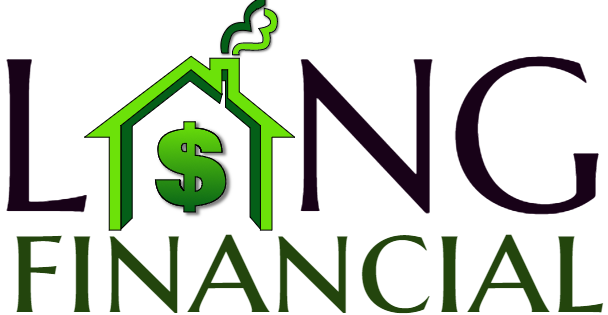
7 Questions to ask yourself before taking the home-buying plunge
Are you really ready?
1. How Healthy Is My Credit Score?
A mortgage can be one of the biggest financial obligations you’ll ever take on, so why add to that burden by paying a high interest rate?
Fact: The lower your credit score, the higher your interest rate is likely to be. And that’s why it is important to boost that three-digit number as much as you can before you even get close to the borrowing stage.
One way to help boost your credit health is to get current on your credit card and loan payments. In fact, aim to have about three straight years of on-time payments under your belt before looking to buy a home, because the more recent a late payment is reported, the more likely it is to ding your score.
Of course paying down your debts will also help improve your debt-to-income ratio, which lenders take into consideration when determining how big of a mortgage to give you—or whether to give you one at all.
2. Am I Making Good Progress on My Savings?
No, we’re not talking about saving up for your down payment here.
It’s important to feel confident that you can continue to contribute to your key financial goals, while also juggling a house payment. The last thing you want is to have a big mortgage waylay your retirement plans or your ability to have adequate emergency savings, which should be six months’ worth of take-home pay for most people.
When that rainy-day fund dries up, many homeowners turn to credit cards to cover much-needed repairs—subsequently falling into a debt cycle.
3. Have I Accounted for All of the Costs of a Home?
Your mortgage payment isn’t just your principal and interest; it also includes the taxes and insurance you’ll pay on your home. Add to that the cost of utilities, periodic repairs and regular maintenance—think lawn care, gutter cleanings, snow removal, pest control and the like—and the costs of homeownership can quickly snowball.
On average, you can expect to pay between 1% to 4% of your home’s value for maintenance a year, depending on the age of the house. If you’re handy and proactive, those costs could be much lower, but don’t delude yourself into thinking you can be Ms. or Mr. Fixit if you’re the type to have your plumber on speed dial.
If you’re not handy, and you just want to hire someone to deal with the upkeep of the house, you could pay double that amount.
4. Is My Job Secure?
Landing a great new gig—and the pay bump that comes with it—doesn’t automatically elevate you to home-buyer status.
Before committing to purchasing anything, consider how long you’ve been with your employer, what your future job prospects look like—and even what your company’s prospects look like.
Then ask yourself this pointed question: How will I pay my mortgage if I lose my job?
Of course, that’s where your emergency fund comes into play. Would you have enough to cover your housing expenses until you find a new job? Or would you have to consider other measures, like taking on a renter, to help cover your mortgage?
If you have dependents, an income that’s difficult to replace, or work in an industry that might require relocation, you’ll want to be sure to have a strong contingency plan in place.
5. Am I Committed to the Location?
Location, location, location—that phrase was coined for a reason. It’s one of the first things that my clients ask about when they begin a search for a home.
But just because everyone’s clamoring to get into a new postal code, or your dream home happens to be located there, doesn’t mean that the neighborhood will necessarily be the right fit for you.
So try “dating” the area you’re considering by dining at local restaurants, testing out transit and commuting options, and exploring parks or other public amenities at different times of day..
You’ll also want to do your research and be aware of any pending local redevelopment plans. Are new schools being built? Is a mall being constructed down the road? These are changes that could impact your quality of life now—as well as your home’s resale value in the future.
6. How Long Do I Plan to Live in the Home?
As with any investment you add to your portfolio, purchasing a home is something you should be committed to for the long haul.
A home is a long-term investment. Looking at your home through a longer lens also means you need to think as much about your future housing needs as your current ones. Are you expecting to grow your family? Are you going to get married—or divorced? Will you be changing jobs?
7. Am I Mentally Ready to Be a Homeowner?
In addition to the financial outlay, there’s a significant emotional component to the process. So if your finances are primed for home ownership, but your heart and mind aren’t quite as pumped, now may not be the right time to take the plunge.
The type of home you’re interested in can also factor into your mental readiness. You may have dreamed of rehabbing a fixer-upper, but realistically, are you ready for that kind of ongoing financial investment and stress!
A basic rule of thumb is that the less risk you can handle, the newer the home you should probably consider.
At the end of the day, remember that becoming a homeowner means entering a relationship that has no easy way out. It’s a long-term commitment with many ups and downs.
At Lang Financial, we service customers across Canada. Primarily, we offer Financial Advice in Southern Manitoba and Northwestern Ontario areas.
I work with Castle Insurance Group Inc.

